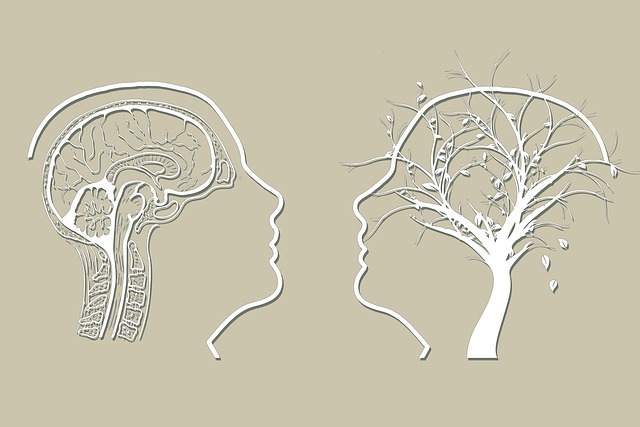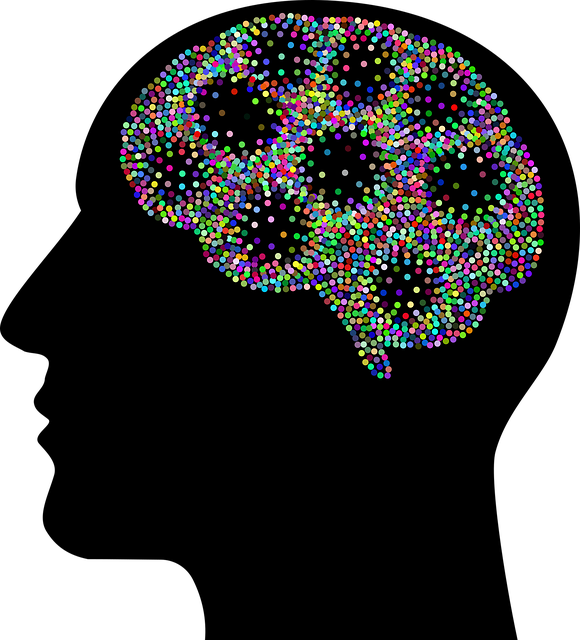Program evaluation is a vital aspect of mental wellness support in diverse communities like Highlands Ranch, where rigorous assessment of therapy interventions ensures tailored services for effective outcomes. Evaluating Highlands Ranch Divorce Therapy (HRDT) involves both quantitative and qualitative methods, including surveys, interviews, and focus groups, to measure changes in emotional well-being, coping strategies, and divorce-related attitudes. Client feedback surveys are crucial for understanding the program's impact, helping therapists refine HRDT based on data-driven decisions. This holistic approach enhances client satisfaction and optimal mental wellness outcomes, while continuous evaluation enables practitioners to adapt and improve their practices, addressing diverse mental health concerns.
Mental wellness program evaluation is crucial for understanding the impact and effectiveness of interventions, especially in specialized therapy settings like Highlands Ranch Divorce Therapy. This article explores essential methods to assess the success of such programs. We discuss the need for evaluation, focusing on divorce therapy as a case study. Through client feedback surveys, data analysis techniques, and interpretation strategies, we uncover key metrics for measuring success, providing insights into the transformation and healing experienced by clients at Highlands Ranch Divorce Therapy.
- Understanding the Need for Program Evaluation in Mental Health
- Methods for Assessing the Effectiveness of Divorce Therapy Programs
- The Role of Client Feedback and Satisfaction Surveys
- Data Analysis and Interpretation: Measuring Success in Highlands Ranch Divorce Therapy
Understanding the Need for Program Evaluation in Mental Health

In the realm of mental wellness, evaluating the effectiveness of programs is paramount to ensuring that services align with the unique needs of communities and individuals, especially in areas like Highlands Ranch Divorce Therapy. Understanding the complexities of mental health issues requires a holistic approach, and program evaluation plays a pivotal role in this process. By systematically assessing interventions, therapists, and support systems, professionals can gauge the impact and make data-driven adjustments to improve outcomes. This is particularly crucial given the diverse nature of mental health concerns, from managing stress and cultivating positive thinking to addressing complex trauma and conflict resolution techniques.
Evaluating mental wellness programs is not merely an administrative task but a strategic necessity for Community Outreach Program Implementation. It allows for continuous improvement, fostering environments that promote resilience, healing, and overall well-being. Through rigorous evaluation methods, practitioners can identify what works best, adapt services accordingly, and ultimately enhance the lives of those seeking support, including individuals navigating divorce in Highlands Ranch.
Methods for Assessing the Effectiveness of Divorce Therapy Programs

Evaluating the effectiveness of divorce therapy programs is a multifaceted process that goes beyond simply measuring participant satisfaction. High-quality assessment methods are essential to understanding the true impact of these programs, particularly in areas like Highlands Ranch Divorce Therapy. Researchers and therapists often employ a combination of quantitative and qualitative techniques to gauge success. Surveys and questionnaires can be distributed before and after the program to track changes in participants’ emotional well-being, coping strategies, and attitudes related to divorce. These tools help quantify improvements and identify specific aspects of the therapy that resonate most with clients.
Additionally, interviews and focus groups provide deeper insights into participants’ experiences. Discussions around mood management, coping skills development, and mental illness stigma reduction efforts can reveal nuanced changes and personal growth. By collecting and analyzing these diverse data sources, therapists and researchers can refine Highlands Ranch Divorce Therapy programs to better serve individuals navigating the complexities of divorce. Such iterative evaluations ensure that the interventions remain effective and relevant in addressing the unique challenges faced by those seeking support.
The Role of Client Feedback and Satisfaction Surveys

Client feedback and satisfaction surveys are invaluable tools in evaluating the effectiveness of mental wellness programs, especially in high-quality services like Highlands Ranch Divorce Therapy. These surveys provide insights into customer experiences, allowing professionals to gauge how well their interventions meet individual needs. By collecting feedback, therapists can identify areas where they excel and aspects that require improvement, ensuring a tailored approach to treatment.
The data gathered from these surveys often highlights the positive outcomes, such as increased self-esteem improvement and confidence boosting, which are crucial for clients’ recovery journeys. Moreover, it may reveal valuable information about the program’s overall impact on participants’ lives, including their ability to offer crisis intervention guidance tailored to unique circumstances. This feedback loop empowers therapists to make data-driven decisions, continually refining their practices for optimal client satisfaction and mental wellness outcomes.
Data Analysis and Interpretation: Measuring Success in Highlands Ranch Divorce Therapy

Evaluating the effectiveness of Highlands Ranch Divorce Therapy requires a robust data analysis process. This involves meticulously examining various metrics to gauge success and identify areas for improvement. Researchers employ both qualitative and quantitative methods, delving into client feedback, therapy session recordings, and statistical outcomes. By analyzing pre-and post-therapy assessments, they can measure significant changes in clients’ mental health, including reduced anxiety levels and enhanced conflict resolution skills.
The Mental Health Policy Analysis and Advocacy plays a crucial role here, ensuring that the data collected is comprehensive and aligns with best practices. Through rigorous analysis, therapists can pinpoint effective interventions, such as specific techniques for managing emotions or communication strategies learned during therapy sessions. This data-driven approach allows for continuous improvement in Highlands Ranch Divorce Therapy, ultimately enhancing the overall well-being of clients and providing valuable insights that can inform future mental health initiatives, including the development of new programs focused on Anxiety Relief and Conflict Resolution Techniques.
Mental wellness program evaluation is vital for ensuring the success and effectiveness of therapies, such as Highlands Ranch Divorce Therapy. By employing methods like client feedback surveys and rigorous data analysis, we can gain insights into the program’s impact. This approach allows for continuous improvement, tailoring treatments to best support individuals seeking mental health services. Evaluating divorce therapy programs not only enhances their quality but also contributes to a healthier community overall.









